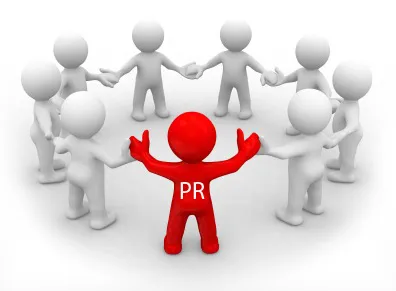Three things to do when your startup faces a PR crisis
You wake up on a Monday morning to discover that an unsatisfied customer or a disgruntled employee has put some serious allegation against your company online. What do you do then? A crisis of this nature requires a concrete plan of action.

Let’s analyze a recent case study of crisis management before we delve any further into this. Ford India in March 2013 faced a crisis when their mockups for a print ad campaign were released online by an unaffiliated agency. These ads featured models bound and gagged in the trunk of the car, with the tagline “Leave your worries behind with Figo's extra-large boot” -Clearly inappropriate and frankly offensive to women around the world. Ford hadn’t approved the ads, and yet they suddenly found themselves in the middle of an unexpected crisis.
Their PR team went into action by immediately issuing a public statement in the press and responding promptly to the negative comments on social networking sites. In a globally coordinated response run out their Asia Pacific office, their team handled this crisis like PR Stars!
In Ford’s case, they had PR experts on board advising them on how to avoid a scandal and dodge bad press. But, in the case of a startup firm, this might not be possible. So what are the things that you can do when your startup faces a PR crisis?
Here are 3 quick tips:
1. Issue a press release or public statement at the earliest, disclosing complete details
This is the fundamental rule of any crisis management; any delay in sending the public statement can have disastrous consequences. Be transparent. Disclosing accurate and complete information builds credibility. This strategy was executed perfectly by the Ford’s PR agency, which helped them communicate their side of story to the public.
2. Mitigate damage on social media
Every comment on your Facebook or twitter profiles must be responded to with a personalized message. Chances of a problem escalating into a full-blown PR crisis are much higher on social media networks.
3. Accept complete responsibility
If the fault lies within the company or any of its affiliates, your company brand should apologize and accept the responsibility in the matter.
Learn more with the PR Webinar, 'PR Workshop for Startups and Small Businesses' organized by Gyaanexchange.com.
About the author:
Dev Dave, has been a PR practitioner for 4 years and has handled reputed brands like Zee learn, Rediff.com, Fitness First, Essilor, Samira Habitats etc. He is currently the marketing head for Gyaanexchange.com







